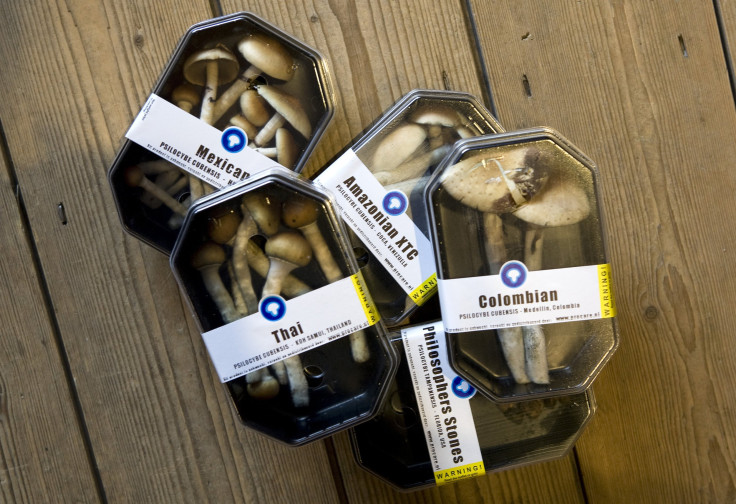Mushrooms' "Magic" May Lie in Battling Addiction, Cancer Anxiety

First MDMA has been shown to have some psychiatric benefits, and now this. Researchers believe that the ingredients in "magic mushrooms" may hold benefits that can fight addiction, anxiety, and depression.
Psilocybin is the active ingredient in more than 100 mushrooms included in the Psilocybe class. Long used for shamanic rituals in Latin America, the mushrooms, as well as LSD, entered popular vernacular during the 1950s and 1960s. However, the counterculture quickly seized on the drugs, the results were mixed, and leader Timothy Leary, a professor at Harvard University, may have seemed too enthusiastic, which soured public opinion on the scientific studies.
Now, scientific research is entering into a renaissance on the matter. A recent study published in the Archives of General Psychiatry was conducted on 12 patients aged 18 to 70 who had all been diagnosed with terminal cancer and were feeling anxious about death.
The participants were given therapy sessions to prepare them for what the drug, taken as a synthetic pill, would feel like. Each of them underwent a session with the drug and with the placebo, placed a month apart. The placebo was a vitamin called niacin which, in a high dose, can cause facial itching or burning and a "drug" sensation.
During their "trip", the participants were placed in a hospital room with brighter colors and fresh flowers. They were asked to bring pictures of loved ones and other important events. They also listened to music on headphones. The researchers sat with them to calm them down if they became anxious but did not direct them to focus on anything in particular.
Charles Grob, one of the study authors, said that no one had a bad trip. Six months later, a follow-up revealed that the patients had fewer symptoms of depression. Interestingly, though they did not actually report that they felt anxious less often, they did say that they felt like less anxious and less worried people.
An ongoing study conducted by researchers from Johns Hopkins University has drafted 150 participants into 350 drug trials. Though some did report feeling anxious, none suffered from lasting harm. An overwhelming 70 percent said that the experience was one of the five most meaningful events in their lives.
New studies are currently underway that examine psilocybin's role in battling addiction and smoking cessation, and they seem promising.
However, Paul Kenny from the Scripps Research Institute in Florida does sign a word of caution. "Psilocybin is unlikely to be used to treat addiction. As with other hallucinogenic drugs it can have worrying side-effects such as psychological distress or even psychosis," he told TIME magazine.
Researchers hope instead that they can harness the powers of psilocybin in a drug that has none of mushrooms' hallucinogenic effects.



























